Conversations with a Killer: The Ted Bundy Tapes

A unique look inside the mind of an infamous serial killer with this cinematic self-portrait crafted from statements made by Ted Bundy, including present-day interviews, archival f
- Tags:
- Documentary, Crime
|
Description
|
A unique look inside the mind of an infamous serial killer with this cinematic self-portrait crafted from statements made by Ted Bundy, including present-day interviews, archival f |
|
Genres
|
Documentary, Crime |
|
Spoken languages
|
English |
|
Status
|
Ended |
| Seasons | Episodes | Rate | Release Date | |
|---|---|---|---|---|
| Season 1 | 4 | 7.9 | 2019-01-24 |
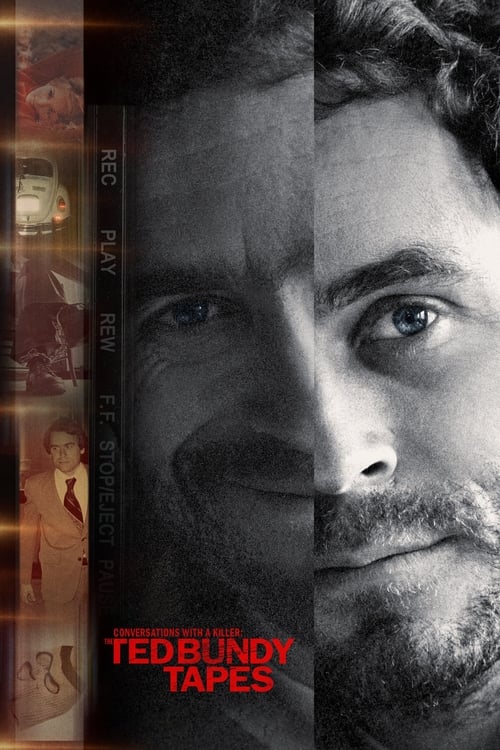

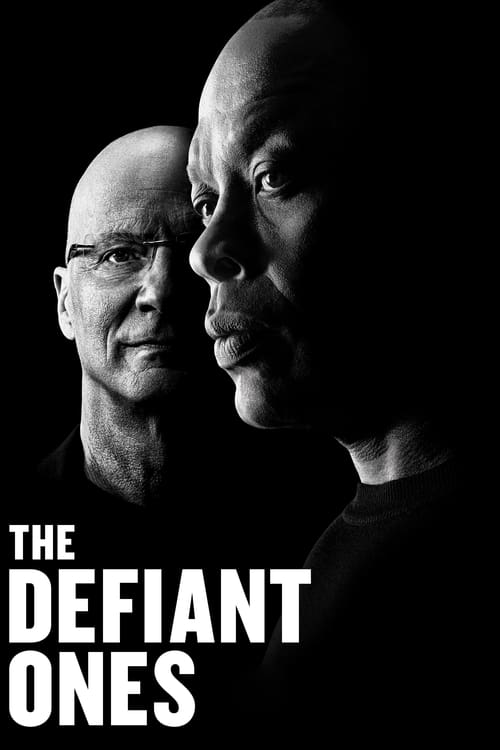

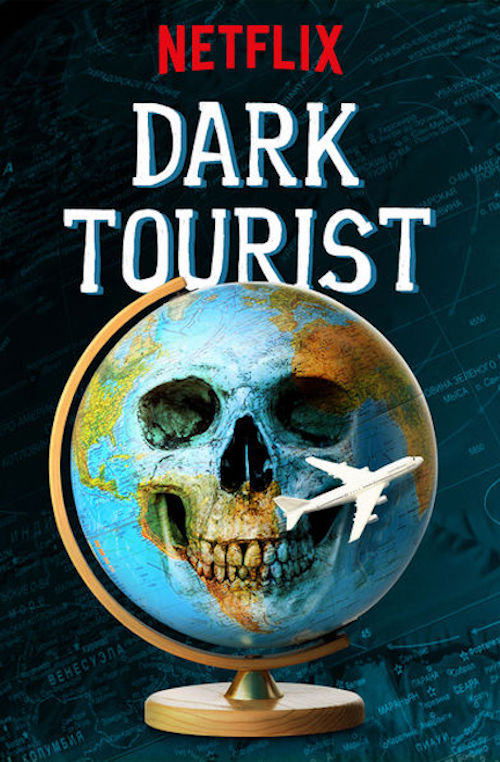
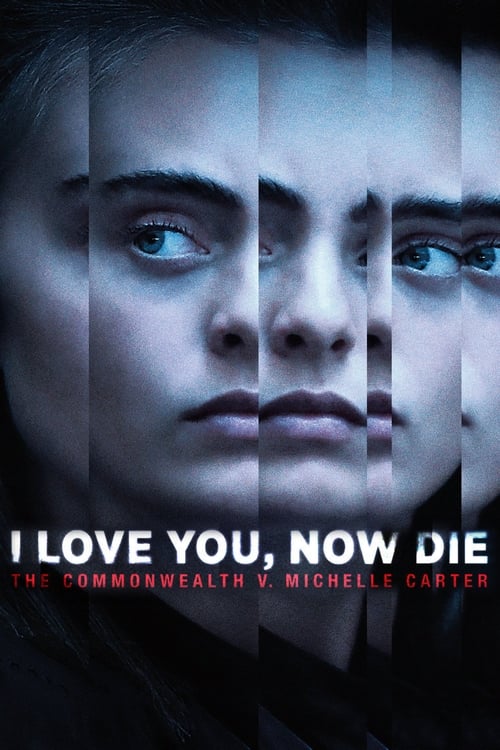
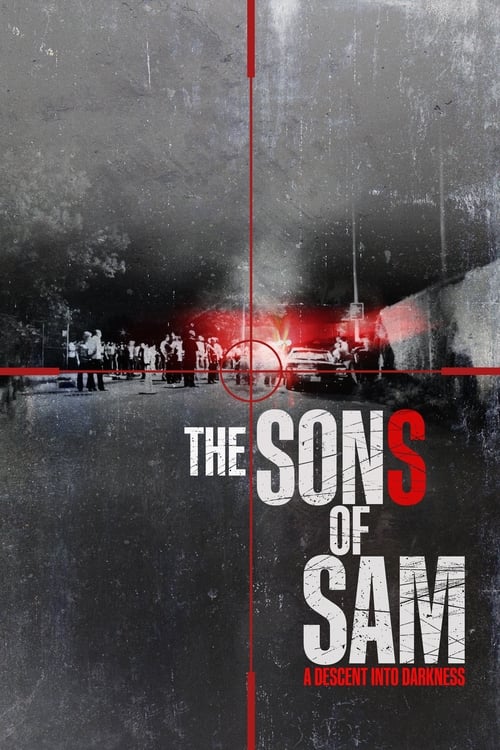
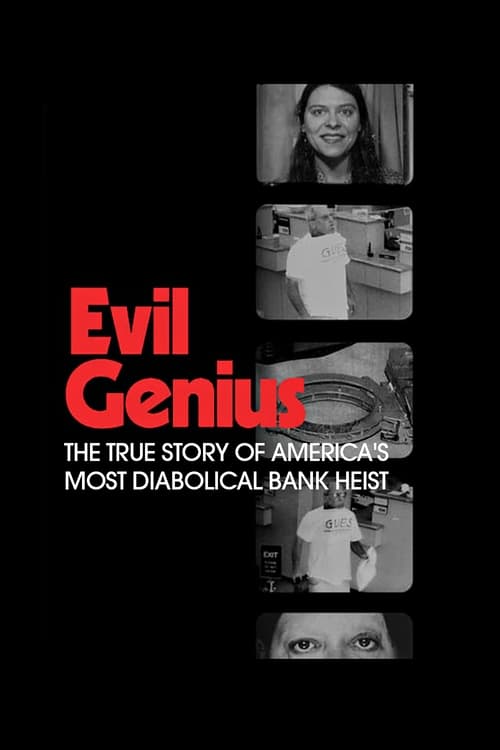
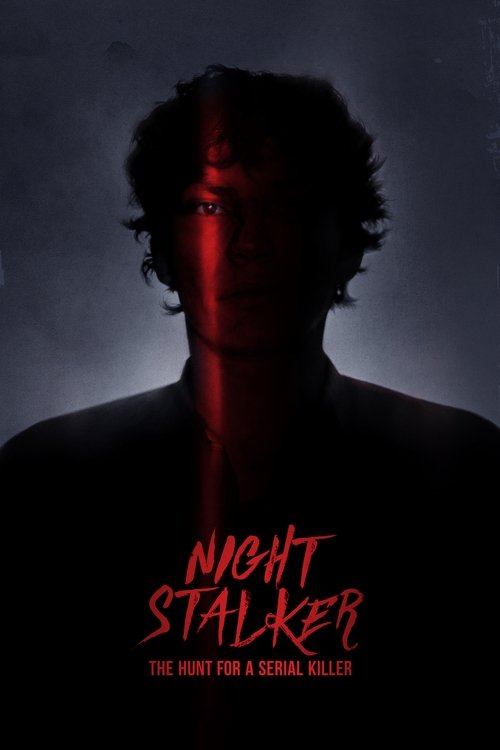

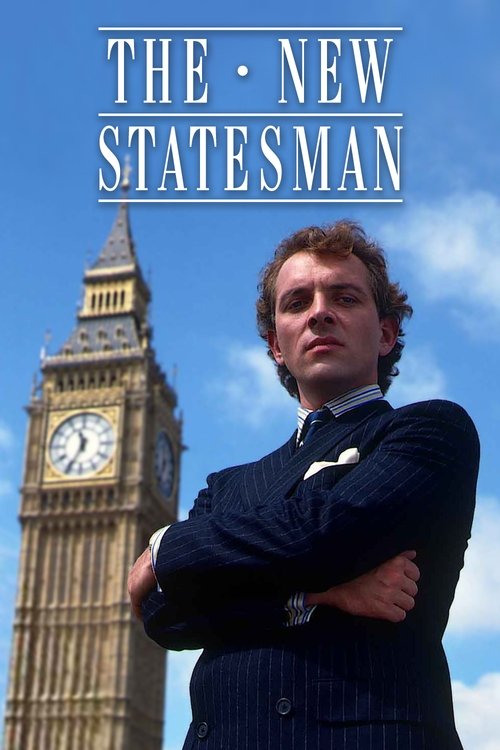


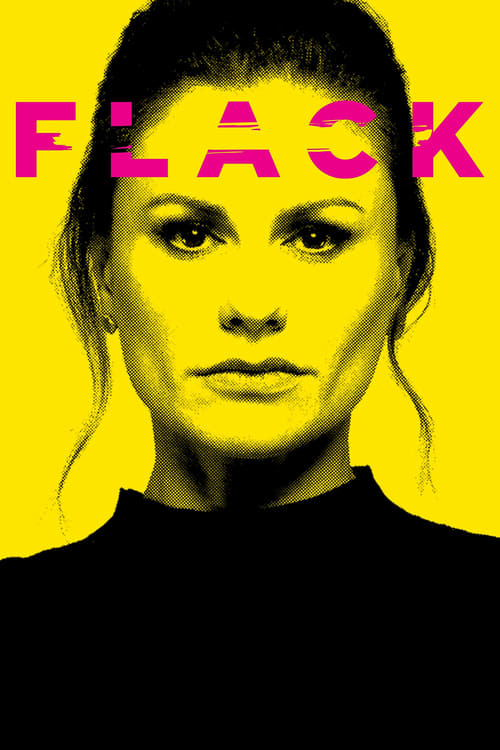

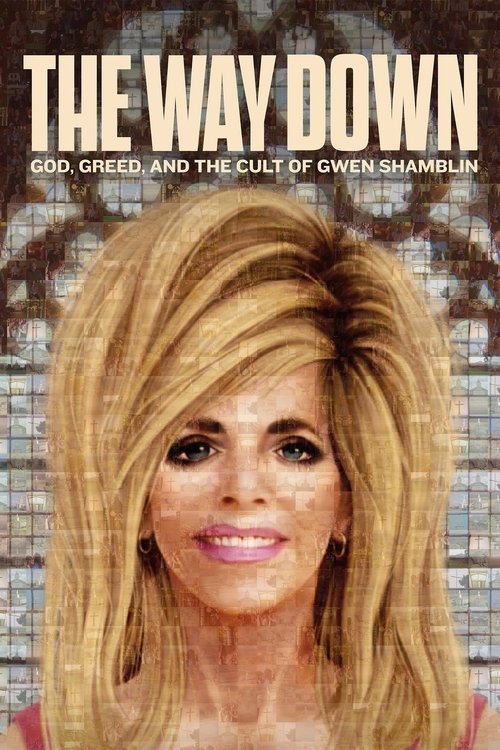
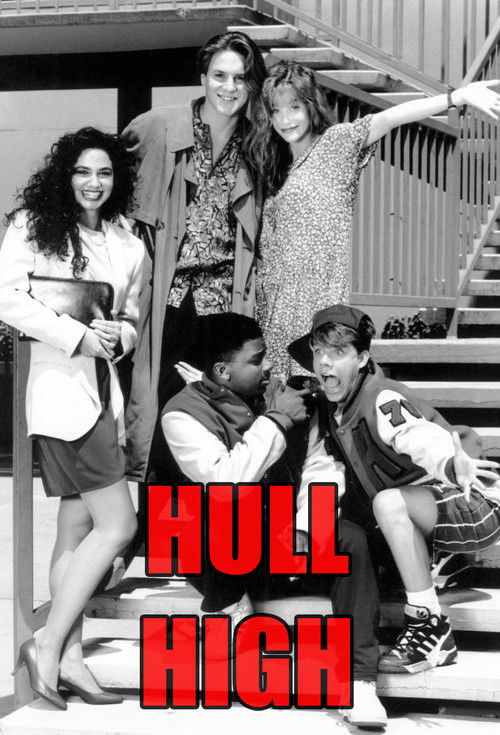

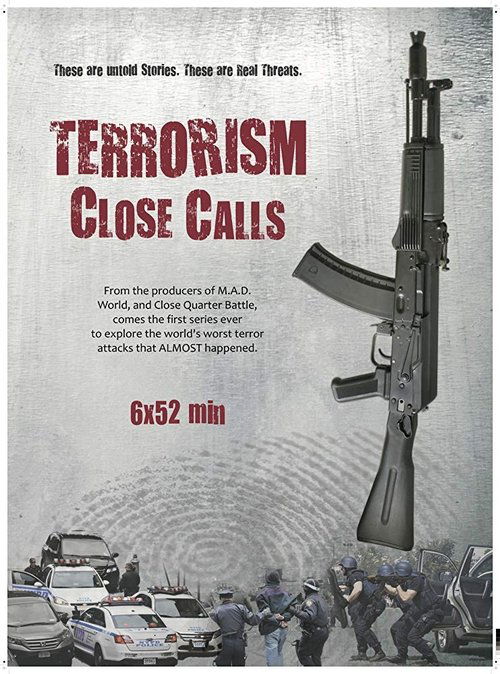


Reviews For Conversations with a Killer: The Ted Bundy Tapes
Stephen Campbell
22-09-2019_**More of a conventional documentary than advertised, but it provides a good overview, and is a nice companion to the film**_ > _Everybody's fascinated with the notion that there is cause and effect. That we can put our finger on it and say, "Yes, his father beat him when he was a boy, we could see it when he was a kid." That's bullshit. There's nothing in my background which would lead one to believe that I was capable of committing murder._ - Ted Bundy >_There are was a gap in him._ - Sandi Holt (Bundy's childhood friend) >_I don't feel guilty for any of it. I feel less guilt__y now than I've felt at any time in my whole life. About anything. I mean really. And it's not that I've forgotten anything or I've closed down part of my mind or compartmentalised. I believe I understand everything that I've done. I am in the enviable position of not having to feel any guilt. And that's it. Guilt is this mechanism we use to control people. It's an illusion. It's this kind of social control mechanism and it's very unhealthy._ - Ted Bundy > _When Bundy first became active in the early 1970s, there was a lot of pushback from veteran detectives, who said, "_we know who kills people; people kill people that they know, and if not, they kill for a really obvious reason - anger, money, to hide their identity, and these either blood or familial connections, or the obvious motive, are what you have to follow when you're trying to solve the crime._" And Ted came along and showed the world, "_no. In fact, that's the last thing that I would do, I kill strangers, and I kill them for no reason._" And so there was an institutional group think that prevented the cops from even considering a guy like Ted, because he didn't meet any of their expectations, and they refused to even look at it. So that was a huge advantage for him, and it was true in every jurisdiction that the problem in stopping him had a lot to do with the fact that no one could conceive of somebody just going around killing people because he wanted to kill them._ - Stephen G. Michaud; _You Can't Make This Up_ Netflix Podcast (February 6, 2019) In many ways, Ted Bundy is the archetypal serial killer. The term "serial killer" itself only really entered the mainstream lexicon in the wake of Bundy, evolving from the term "serial homicide", thought to have been coined by FBI Special Agent Robert Ressler in 1974 (although German criminologist Ernst Gennat had described Peter Kürten as a _serienmörder_ [serial-murderer] as early as 1930). Indeed, the very concept of a serial killer was not especially well known prior to Bundy, and for many people, he was their first encounter with what was considered a strange new breed of criminal, one who baffled law enforcement, terrified the public, and fascinated the media. But even more than etymology or overarching concepts, Bundy embodies so many of the characteristics we today associate with serial killers - the deeply held misogynistic rage, the double life, the ability to completely fool family and friends ("_he always seemed like such a nice, quiet man_"), the sexual sadism and savagery, the working knowledge of law enforcement techniques, the intelligence, the social awkwardness, the delusional narcissism, even the concept that an imprisoned serial killer might be able to help with open cases (whilst on death row, Bundy consulted with one of the men who helped to catch him, Det. Robert D. Keppel, on the Green River Killer case, as related in Keppel's superb 1989 book, _The Riverman: Ted Bundy and I Hunt for the Green River Killer_). Most significantly, perhaps, is that Bundy was the first celebrity serial killer, and remains the best-known example of such (Charles Manson doesn't count; he wasn't a serial killer). Bundy was a man whom the media fell all over itself to profile and interview, endlessly fascinated with his charm, humour, and intelligence, a man who turned his televised trial into a performance piece that makes Kato Kaelin's antics in the O.J. Simpson trial seem positively sedate. Most importantly, he embodies one of the concepts which we take as granted today, not just in relation to serial killers, but so too in relation to mass murderers - media and cultural fixation with the killer, almost always at the expense of the victims (we all know the names Henry Lee Lucas, John Wayne Gacy, Ted Bundy, Jeffrey Dahmer, but how many of their victims can we name offhand). And although _Conversations with a Killer: The Ted Bundy Tapes_ certainly has merit, and is extremely well-made, it's also somewhat guilty of the same thing - focusing on the killer almost to the point of celebrating him, whilst giving little time over to the victims. Written and directed by master documentarian Joe Berlinger (_Paradise Lost: The Child Murders at Robin Hood Hills_; _Metallica: Some Kind of Monster_; _Whitey: United States of America v. James J. Bulger_), _Conversations_ is at least partly about how much latitude a charming, well-educated white man can get in the US, but one gets the distinct impression that Bundy himself, in all his narcissism, sense of the dramatic, and delusions of grandeur, would have been immensely happy with it. And that's not really a good thing. Made up of four episodes, _Conversations_ is derived from over 100 hours of audio recordings of Bundy. In June 1979, he had been found guilty of the murders of Lisa Levy and Margaret Bowman, and the attempted murder of Kathy Kleiner, Karen Chandler, and Cheryl Thomas, and given two death sentences. Six months later, he was found guilty of the kidnapping and murder of 12-year-old Kimberly Leach, and was again sentenced to death. Vehemently maintaining his innocence, in early 1980, he began to seek out someone to write a "celebrity biography" that he hoped would prove his innocence. Enter Stephen G. Michaud and Hugh Aynesworth; whilst Aynesworth set about re-examining the evidence, Michaud began interviewing Bundy. Neither had any doubts as to his guilt, but they recognised how good a story it was (the resulting books, _The Only Living Witness: The True Story of Serial Sex Killer Ted Bundy_ (1983) and _Ted Bundy: Conversations with a Killer_ (1989), were both best-sellers). Although transcripts of the recordings have been available online for many years, the documentary represents the first time that much of the material has been heard. One of the most important aspects of the series, and something explained early in the first episode ("Handsome Devil"), is that Bundy would not discuss the murders, and so, to trick him into talking about them, Michaud told him, > _we're not getting anywhere, but I have an idea. You know, Ted, you got a degree in psychology, so you're trained in psychology. You're familiar with the details of the cases. You certainly know what's been in the newspapers. You're intelligent and you're articulate. I think one way to get at this, is to turn you into an expert witness. Why don't you tell me what you think happened? Tell me what kind of person would have done this._ Not recognising that Michaud was exploiting his narcissism, Bundy immediately began to talk about the murders, but always in the third person, always 'speculating' as to what the murderer was thinking, why he killed who he killed, what his childhood may have been like, what his private life may have been like etc. And it's Bundy's musings on the murders, his deductions as to the nature of the killer, that makes up the majority of the audio recordings used in the documentary. And to say that some of his statements are fascinating is a major understatement. For example, conjecturing as to the origins of the murderer's sociopathy, he states, > _we can generally describe manifestations of this condition in this person's being skewed toward matters of a sexual nature that involve violence. You go to the mouth of any great river and pull out a handful of water that's flowing from it and say, "Where did it come from?" To trace it back. And this is what we're dealing with here. We're talking about microscopic events, as it were, and indistinguishable, undetectable events. The melting of a single snowflake. The advent of spring and the combination of other forces, and the ultimate result that we appreciate, which is the river itself. We're now talking about the development of behaviour, murder. What kinds of mental functions, aberrations lay at the base of it and where were they given birth? Where did they result? What were they the result of? And it's difficult to trace it back and say, "This is what happened." Perhaps this person hoped that through violence, through this violent series of acts, with every murder leaving a person of this type hungry. Unfulfilled. But also leave him with the obviously irrational belief that the next time he did it he would be fulfilled. Or the next time. Or the next time he did it._ Speaking of how the killer goes about picking his victims, he postulates, > _a person of this type chooses his victims for a reason. The victims are young attractive women. Women are possessions, beings which are subservient, more often than not, to males. Women are merchandise. From the pornographic to_ Playboy _right on up to the evening news. So there is no denying the sexual component. However, sex has significance only in the context of a much broader scheme of things. That is, possession, control, violence._ Later, concerning the killer's sexual urges, he states, >_let's consider the possibility that this person suffered from some sort of acute onset of a desire that resulted in killing young women. How do you account for it? The early manifestations of this condition, which is an interest concerning sexual images, your standard fare that you'd see in the movie house or in_ Playboy _magazine. The interest becomes skewed toward a more specialised literature, some of it pretty grotesque, which would preoccupy him more and more. It would reach a point where the anger, the frustration, the anxiety, the poor self-image, feeling cheated, wronged, insecure, he decides upon young attractive women being his victims._ It's undeniably fascinating to hear the man who committed these murders talk about himself in the third-person, and offer insight into his own psyche all the while attempting to maintain the illusion that he's completely innocent. Having said that, however, despite the series' title and trailer promising an unprecedented deep dive into Bundy's psyche, and despite the relative centrality of the tapes (although they fall very much into the background in the third episode, "Not My Turn to Watch Him"), _Conversations_ is much more of a conventional documentary than you might expect, along the lines of something like _Ted Bundy: Serial Monster_ (2018). This is not necessarily a criticism, as the chosen biographical material, whilst never earth-shatteringly original, is interesting and extremely well put together. For example, he was a staunch Republican, volunteering at the Seattle office of Nelson Rockefeller's 1968 presidential campaign, and working as Arthur Fletcher's driver and bodyguard during Fletcher's campaign for Lieutenant Governor of Washington State. Later, he was involved with the Vietnam Anti-war Movement and worked on Daniel J. Evans's 1972 re-election campaign for Governor of Washington, during which time he posed as a college student and shadowed Evans's opponent, Albert Rosellini, recording his speeches for Evans's team to examine. When word of the subterfuge got out, it made the local news, and Bundy was interviewed on TV, laughing at claims that he was a spy and pointing out he had done nothing illegal. Later, he worked as an assistant for Ross Davis, Chairman of the Washington State Republican Party. Also fascinating (and hard to believe) is that in 1974, he volunteered for a Suicide Hotline and worked as Assistant Director of the Seattle Crime Prevention Advisory Commission, where he gained an inside understanding of how police departments operated, especially the poor record-keeping and lack of cross-state co-operation. During his time there, he even wrote a well-received pamphlet for women on, of all things, rape prevention, whilst in 1975, he was baptized into The Church of Jesus Christ of Latter-day Saints, who would publically support him when he was first accused of murder later that year. Another interesting moment is that during his 1979 trial, where he acted as his own co-council, Bundy repeatedly made Officer Ray Crew of the Tallahassee PD go into minute detail about the murder scene at the Chi Omega sorority house where he had killed Levy and Bowman. The extent to which he does so, prior to the prosecution objecting and the judge sustaining, made the entire court uncomfortable, and again, knowing what we now know, it's a fascinatingly disturbing scene, with Bundy not just relishing his power, but vicariously reliving the night of perhaps his most savage murders. Another very interesting event mentioned in the final episode ("Burn Bundy Burn") is that as he sat on death row, Dorothy Otnow Lewis, Professor of Psychiatry at the New York University School of Medicine, examined him and diagnosed bipolar disorder, also suggesting he may have multiple personality disorder, and arguing there was something unique about his brain which made him literally incapable of empathy. An equally fascinating aspect of the series, but one which is under-explored, is how Bundy's white privilege factored into his murders. As a well-educated, well-dressed, humorous, respectable middle-class white man, obviously intelligent, and seemingly charming (I lost count of the number of times the show reminds us that women tended to find him good looking), he was able to hide in plain sight, simply because no one could conceive of a man like him being a sadistic murderer. Even after his arrest, he tended to be treated differently than most prisoners because he was generally liked so much by his jailers, who allowed him to use the law library without any kind of restraints (leading to his first escape). Hell, even after his initial conviction and double death sentence, only seconds after Judge Edward Cowart classified the murders as "_extremely wicked, shockingly evil, vile, and the product of a design to inflict a high degree of pain and utter indifference to human life_", he told Bundy, >_take care of yourself, young man. I say that to you sincerely; take care of yourself. It is an utter tragedy for this court to see such a total waste of humanity, I think, as I've experienced in this courtroom. You're a bright young man. You'd have made a good lawyer and I would have loved to have you practice in front of me, but you went another way, partner. I don't feel any animosity toward you. I want you to know that. Take care of yourself._ What in the actual hell? The judge said that. The goddamn judge! In this sense, Bundy's reign of terror is, in effect, an indictment of American society; all he needed to hide from law enforcement and subsequently charm the entire legal system was a modicum of intelligence and a bit of charm (and it wasn't just the legal system; he had scores of defenders and supporters during his trials, almost all of them women). And the problem with the series, however, is that it seems to fall into the same trap; Bundy's wit and charm appears to win Berlinger over to some degree. The last episode, in particular, is guilty of giving him the ball and letting him run with it, especially in the extensive use of court footage, with Bundy turning the trial into his own personal variety show. Any hint of really getting under his skin, and any concern to ensure the victims are not forgotten, completely fades away at this point, as Berlinger seems to be just as fascinated with Bundy's antics as the media and public were at the time. To be fair, the show doesn't glorify him, there's no twisted hero-worship à la Holmies (morons who revere James Holmes); indeed, Berlinger begins the show by ensuring the audience knows exactly who Bundy was, opening with an aural montage of salacious news reports; >_suspected of dozens of sex killings in Washington State, Idaho, Utah, and Colorado/The discovery of the skeletal remains of six women/More than 20 young women in five states/Beaten and strangled/Abduction/Nude bodies/"We found the parts of four skulls"/Sexually molested/Bludgeoned and raped/At least 36 sex killings/Mutilation and necrophilia/Sexually mutilated/By teeth/Bite marks/He had sex with them after they were dead._ However, Berlinger is clearly enamoured, seemingly forgetting that most difficult to navigate of all true-crime ethical dilemmas – when does documenting a narcissist (especially one as articulate as Bundy) transition into simply giving them a platform? With this in mind, unfortunately (but predictably), the victims receive relatively little attention. All of his known victims are mentioned by name at least once and at least one photo of each of them is shown, but many are never mentioned beyond this. Some, like his youngest victim, 12-year-old Kimberly Leach receive a fair bit of attention, but others are lumped together in what seems like nothing more than ticking their names off. Take, for example, Janice Ott and Denise Naslund, who were both murdered the same day in July 1973, about four hours apart, after Bundy abducted them in broad daylight from a packed Lake Sammamish State Park. Berlinger makes no real effort to characterise them, to tell us anything about who they really were, to speak for them, to try to explicate to the audience that it's them we should remember, not their murderer. This goes across the board for almost all of his confirmed victims; instead of giving us a vivid illustration of who they were by interviewing friends or families, instead of trying to show us what the world lost when Bundy ended their lives, Berlinger gives us a rough pencil sketch made up of contemporary news reports and interviews with the police. Aside from the side-lining of the victims, probably the most obvious issue with _Conversations_ is that it isn't really the documentary that was promised; it's a far more conventional piece than a deep dive into previously untapped reservoirs of Bundy's psyche. Part of the reason for this is the dearth of actual audio material (which seems bizarre in a show literally called _The Ted Bundy Tapes_), but from the 100 hours available, Berlinger uses, I would guess, somewhere in the region of about 20 minutes all told. Pretty much everything else is standard bio material, nothing that anyone familiar with the case won't already know. The third episode is especially guilty of this. Mainly about Bundy's two escapes and the Chi Omega murders after his second escape, the episode features virtually none of the taped material and is no different from any bio-doc on the History Channel. Another element of the audio recordings is that it seems that Berlinger has edited together sections from completely different parts of the tapes. I can't say this with certainty, as I haven't checked the audio against the transcripts, but there are several moments where there is a noticeable alteration in the audio between sentences, suggesting Berlinger has yoked together two separate pieces, each taken out of their original context. There are even a couple of sections where the audio quality is different from everything else, and I'd hazard a guess it's not from Michaud's recordings at all, but from Bundy's interviews with FBI Special Agent Bill Hagmaier in 1986 and 1989. There are also some very strange aesthetic choices. For example, in "Handsome Devil", as Bundy discusses his relationship with Elizabeth Kloepfer (which is examined in more detail in Berlinger's companion film _Extremely Wicked, Shockingly Evil and Vile_), a montage of contemporaneous footage depicts exactly what he's talking about (so, for example, when me mentions eating dinner, there's a shot of a family sitting around the dinner table and a close up of a can of soup being opened; when he mentions something about being nervous, we see someone biting their nails; when he mentions being in love, we see a couple holding hands). It's a spectacularly on-the-nose montage that accomplishes nothing other than drawing attention to itself, and I have no idea what Berlinger and editors Cy Christiansen and Joshua L. Pearson were going for. A similar moment sees Bundy discussing sexuality, and Berlinger shows us a rapid montage of hardcore S&M porn, which is not only distasteful, it's ideologically reductionist. The worst example of this overly literal editing is when Carol DaRonch, one of five victims to survive Bundy, mentions that when he tried to handcuff her, her life flashed before her, and Berlinger literally inserts a montage of quaint home movie footage. Seriously? If all that sounds very negative, however, let me be clear, I did enjoy _Conversations_, I was just a little disappointed in it. It's nowhere near the quality of _Paradise Lost: The Child Murders at Robin Hood Hills_ (1996) or _Paradise Lost 3: Purgatory_ (2011), but is probably on a par with _Paradise Lost 2: Revelations_ (2000). Outside Berlinger's _oeuvre_, the high point for docu-series remains Andrew Jarecki's _The Jinx: The Life and Deaths of Robert Durst_ (2015), Laura Ricciardi and Moira Demos's _Making a Murderer_ (2015 -) and Barbara Schroeder's _Evil Genius: The True Story of America's Most Diabolical Bank Heist_ (2018), and although _Conversations_ is nowhere near this level, it's a fine entry to the field. People already familiar with the case won't learn anything new, and those looking for a unique entry-point into the mind of a killer will be disappointed with how conventional it is. Nevertheless, this is the story of a sociopathic narcissist that comments not just on societal privilege, but which also interrogates our own ghoulish fascination with such monsters. And yes, Berlinger seems unaware of the glaring irony here, but that doesn't change the fact that he has fashioned the ramblings of a mad man into a fascinating piece of work.